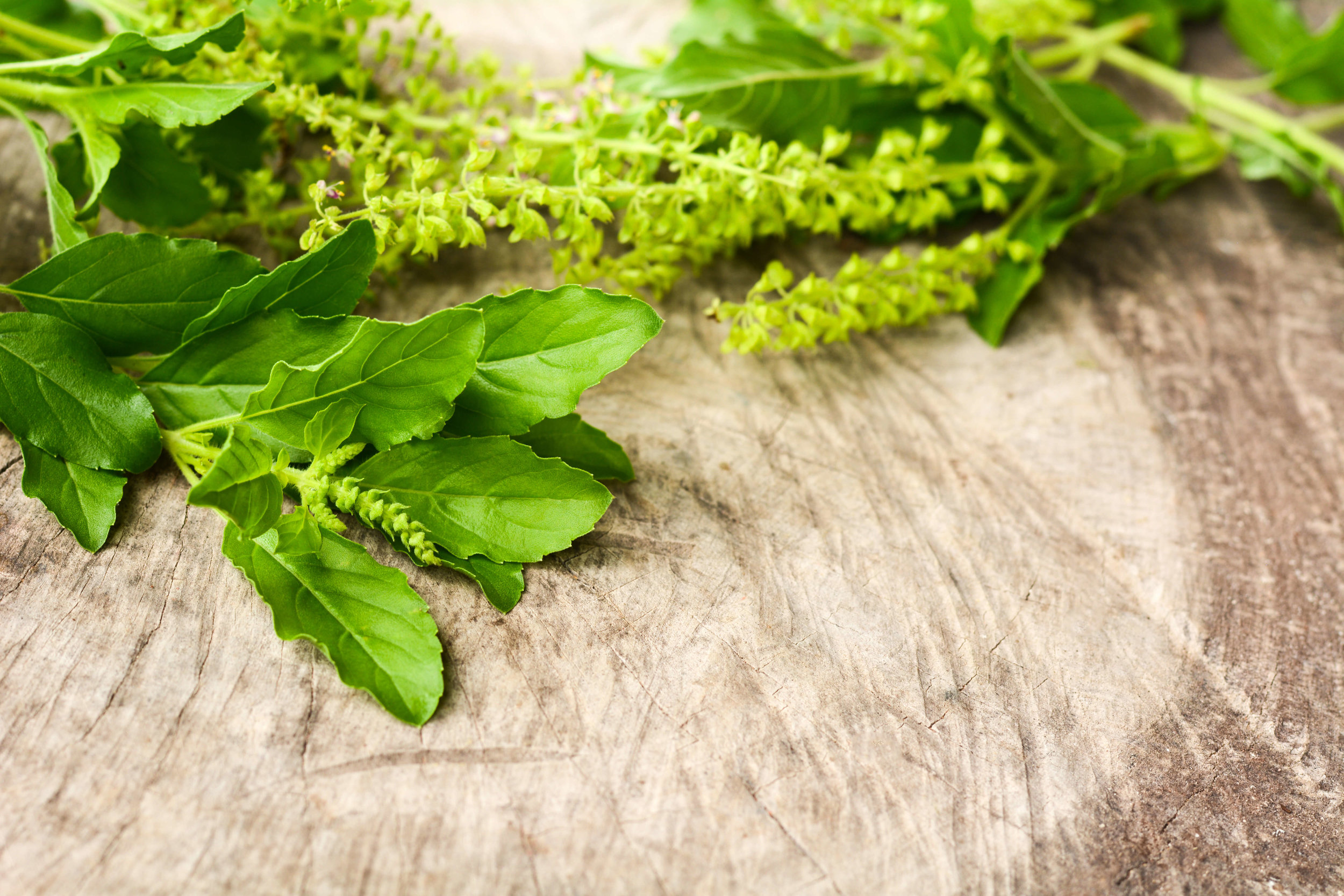Plants & Flowers with Health Benfits
Houseplants
It’s said that some houseplants are more than just lovely to look at - they may also help with certain medical conditions, especially if you keep them in you bedroom, or a room where you spend a lot of time.
Lavender – the scent may help you sleep and reduces stress levels.
Valerian – the scent helps you fall asleep and stay asleep.
Ivy – helps to filter the air you breathe and as a result can help alleviate asthma symptoms, but keep out of reach of children and pets as it’s harmful when ingested.
Bamboo – raises humidity of a room to help with sinus trouble.
Areca palm – as with bamboo it is a natural humidifier helps alleviate sinus problems.
Plant and flower extracts
Extracts from selected plants and flowers also have benefits. Some of these are still used in modern medicine today;
Aloe Vera – the leaf of the Aloe Vera may help with dry skin, itching, eczema, psoriasis. I know when I’ve used it to soothe my own dry skin and even sunburn. Taken internally, it’s believed that Aloe Vera helps with digestion, relieves indigestion and the symptoms of irritable bowel syndrome.
Bilberry – contains strong antioxidants that may strengthen blood vessels and reduce inflammation. It also contains flavonoids that are believed to help with circulation. Poor circulation can lead to the retina being harmed, and Bilberry may be used to treat and prevent eye conditions such as cataracts, glaucoma, macular degeneration and poor night vision.
Chamomile – has antioxidant and anti-inflammatory properties, it is also mildly astringent so has been used to treat wounds, ulcers, eczema, gout, skin irritations, bruises, burns, neuralgia, sciatica, rheumatic pain, haemorrhoids and more. It has also been used externally to treat nappy rash, chicken pox, ear and eye infections, blocked tear ducts, conjunctivitis and nasal inflammation. Most people know it as a tea which is used to calm nerves, treat insomnia and other sleep problems.
Echinacea
This is a general booster for your immune system and can be taken to fight colds, flu and other infections. If taken as soon you have a cold or flu, it should make the symptoms less severe and you won’t feel so ill. Echinacea may also help you recover more quickly. Echinacea ointment can be applied to cuts, burns, insect bites and skin infections as it reduces inflammation and has mild antibiotic, anti-fungal and anti-viral actions..
Evening Primrose – not just a useful treatment for premenstrual tension. It can also help with Eczema and other skin conditions as it relieves the itchiness which can spread infection. Evening Primrose can ease the pain and inflammation of rheumatoid arthritis as it inhibits inflammation, activates the immune system and blocks the release of enzymes that cause the pain and inflammation.
Feverfew – as the name suggests Feverfew was once used to treat fevers, however more recently feverfew has been used to help people who suffer with migraines on a regular basis. It can help the pain, nausea and vomiting associated with migraines and can reduce sensitivity to noise and light.
Holy Basil
Helps to cure fevers, and when added to warm water the liquid can be used to relieve colds, coughs and sore throats. It also has anti inflammatory properties and can be effective in aiding kidney stones, cardiovascular diseases, insect bites, skin infections, and dental and eye problems.
Garlic – can be used to lower cholesterol and blood pressure and it also has antimicrobial properties.
Ginger – the root of the ginger plant is the part that is used as a medicine. It has many benefits such as preventing travel and motion sickness, supporting normal blood clotting, reducing the pain and stiffness associated with osteoarthritis. Ginger is also anti-fungal, anti-bacterial, anti-ulcer and anti-spasmodic.
Lavender oil
May not only help you feel calmer, less anxious and happier but it also has anti-microbial, anti-fungal and anti-inflammatory qualities that can help with burns, insect bites, dry skin, dermatitis and acne. In short it is one of the most versatile essential oils.
Mint – Peppermint is good for calming the stomach and it is also said to help with allergies and asthma, as it contains methanol.
Rosemary oil
is thought to promote hair growth, prevent baldness, slow greying and treat dandruff. Carnosic acid in rosemary has neuroprotective properties and as a result of this is also believed to help memory performance and quality. Rosemary reduces salivary cortisol (stress hormone) helping to ease tension in the body. Antioxidants in Rosemary oil have anti-aging effects, help heal blemishes and increase the skins natural shine. All of this is along with the active components of Rosemary being antioxidant, anti-inflammatory, and anti-carcinogenic in nature, giving the body a three pronged defence against many diseases and pathogens that could threaten the immune system make it a really useful essential oil.
St John’s Wort – can be used to treat a number of symptoms and is widely used to treat mild depression. St John’s Wort does have side effects, but they are usually less severe than the side effects of prescription anti-depressants. Taken internally it can also be used for Seasonal Affective Disorder, anxiety and listlessness. Used externally in a lotion it can improve the healing of wounds, bruises, varicose veins and mild burns.
Thyme - is thought to have antibacterial, insecticidal, and possibly antifungal properties.
Turmeric
is a plant from the same family as ginger and like ginger it is the rhizome roots that is used as a medicine. It is and effective intestinal antiseptic, so can be used to treat diarrhoea, it is also anti-bacterial so will help wounds heal and is anti-inflammatory so can help arthritis sufferers. It is being investigated to help prevent heart attacks and strokes, protecting against cancers and to treat Parkinson’s and Alzheimer’s disease, however there are no conclusions as yet.
All of these herbal remedies should be taken with caution as you would any medicine, if you are already taking prescription medication you should consult your doctor before using herbal medication.
Sources
https://www.saga.co.uk/magazine/health-wellbeing/treatments/herbal-remedies/a-zherbal remedies





